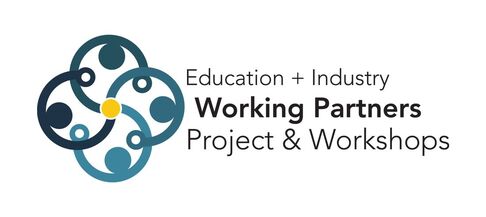Resources & Data
Findings (PDFs)
Partnership Rubric - a tool to quantify outside partner engagement (developed with The Rucks Group)
- Current Version of Rubric (January 2023, download Excel file for best view and to use)
- Rubric Overview & Instructions (handout)
- Rubric Presentation (NSF ATE PI meeting, October 2019)
Related Publications
- Connecting Community Colleges with Employers: A toolkit for building successful partnerships (Brookings Institute, 2017)
- Communities that Work Partnership Playbook (Aspen Foundation, 2016)
- A Framework for Evaluating Implementation of Workforce Education Partnerships and Programs (SRI, 2015)
- Ready to Work: Job-Driven Training & American Opportunity (White House, 2014)
- Thriving in Challenging Times: Connecting Education to Economic Development Through Career Pathways (NCPN, 2009)
- Community College Partnerships with the Private Sector: Organizational Contexts and Models for Successful Collaboration (Kisker & Carducci, 2003)
- Developing Successful Partnerships with Business and Industry (Spangler, M., 2002)
Survey Data
- Community Survey – modes, nomenclature
- 2016 ATE PI Survey (EvaluATE)
- 2017 ATE PI Survey (EvaluATE)
- 2018 ATE PI Survey (EvaluATE
